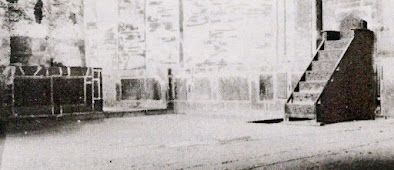The mischief-makers, however, were busily engaged in
disseminating the wildest reports concerning the character and claims of the
Báb. These reports soon reached Ṭihrán and were brought to the attention of
Hájí Mírzá Aqásí, the Grand Vazír of Muhammad Sháh. This haughty and
overbearing minister viewed with apprehension the possibility that his
sovereign might one day feel inclined to befriend the Báb, an inclination which
he felt sure would precipitate his own downfall. The Hájí was, moreover,
apprehensive lest the Mu’tamíd, who enjoyed the confidence of the Sháh, should
succeed in arranging an interview between the sovereign and the Báb. He was
well aware that should such an interview take place, the impressionable and
tender-hearted Muhammad Sháh would be completely won over by the attractiveness
and novelty of that creed. Spurred on by such reflections, he addressed a
strongly worded communication to the Imám-Jum’ih, in which he upbraided him for
his grave neglect of the obligation imposed upon him to safeguard the interests
of Islám. “We have expected you,” Hájí Mírzá Aqásí wrote him, “to resist with
all your power every cause which conflicts with the best interests of the
government and people of this land. You seem instead to have befriended, nay to
have glorified, the author of this obscure and contemptible movement.” He
likewise wrote a number of encouraging letters to the ‘ulamás of Isfáhán, whom
he had previously ignored but upon whom he now lavished his special favours.
- Nabil (‘The Dawn-Breakers’, chapter 10)


